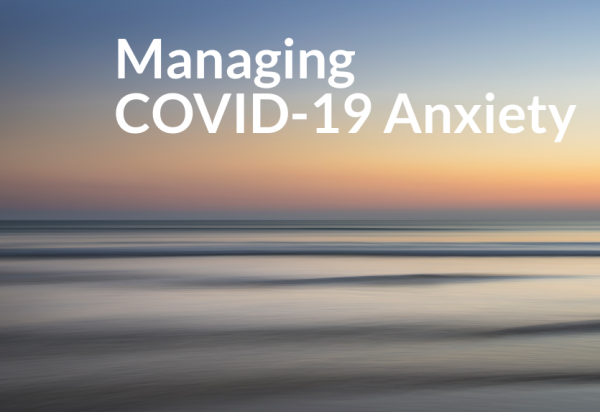
Stressing in the face of a threat that we cannot control is quite natural.
Today we all feel some impotence in the face of the CORONA crisis, although this is manifested in different ways. Some are brave, like the Italian governor Nikola Dzingaretti, who declared on camera: “We must not give in to panic, go to restaurants and enjoy life,” he did so himself, and then … he became ill with a coronavirus. Others make apocalyptic predictions: we will all die. Still, others are ready to play the role of the messiah and open to mankind the true path of salvation.
And together we go through the familiar stages: denial, anger, bargaining, despair, humility. Pause to take care of your body and mind
What can be done to more easily survive a stressful situation and reduce anxiety?
General recommendations
The World Health Organization has published standard recommendations on how to reduce the likelihood of infection and its spread.
What will help:
1. Wash hands regularly.
2. Cover your mouth and nose with coughing and sneezing.
3. Avoid close contact with people with symptoms of respiratory illness, such as coughing and sneezing.
4. Thoroughly heat meat and eggs before eating.
5. Balance nutrition.
6. Drink enough fluids.
7. Get enough sleep and lead a healthy lifestyle.
Does not help:
1. Protective masks. Wear masks only for those who are sick. On the streets, masks are ineffective.
2. Supplements and homoeopathic preparations.
3. Immunomodulators. Only a doctor can prescribe these drugs.
4. Garlic, onions, alcohol and other means of ” traditional medicine”. There is no sufficient scientific justification for their effectiveness.
But if with physical health everything is more or less clear, then how about caring for your mental state? How to stay emotionally healthy when many around are scared?
To experience stress in the face of a threat that we cannot control is quite natural. Here are some simple guidelines.
1. Listen to your body and emotions
Each person reacts to stress differently, so pay attention to such alarming signals:
Body: any changes in appetite, new pain or sensations, especially heat or cold.
Emotions: restlessness, sadness, anger, or detachment.
When you notice them, pause to take care of your body and mind. If you are unable to cope with this and return to normal functioning, seek professional help from a psychologist or psychotherapist.
2.Apply best health practices
Although not much depends on you in the situation of the coronavirus epidemic, you can still do something to protect yourself and loved ones. The US Centers for Disease Control and Prevention ( CDC) recommends:
– Avoid close contact with sick people;
– Do not touch your eyes, nose and mouth with unwashed hands;
– Wash your hands often with soap and water ( at least 20 seconds), especially after visiting public places;
– if soap and water are not available, use hand antiseptics ( alcohol content of at least 60% – apply on the entire surface of the brushes and rub them until they dry);
– stay at home when you are sick ( if you do not need medical care);
– cover your mouth and nose while coughing or sneezing with a tissue or use the inside of your elbow;
– wear a protective mask if you are sick or accompany a patient without a mask;
– clean and disinfect frequently used objects and surfaces ( tables, doorknobs, switches, telephones, keyboards, toilets, taps and sinks).
3. Use reliable sources of information
You can choose where to get and how to analyze coronavirus outbreak information. Panic calls from loved ones and inaccurate social media messages can hurt emotional health more than if you relied on trusted sources of information about coronavirus ( such as CDC and WHO ).
If you notice that you are overwhelmed by the latest reports of the epidemic, obsessively checking the news feed and feeling depressed, you need to take a break and set limits for yourself.
4. Share reliable information
Share the useful information you find with other people. This can reduce the anxiety of others and really help them.
5. Take care of yourself
In the midst of a stressful period, the usual ways of taking care of yourself are very effective:
– perform routine affairs;
– chat with family and friends;
– eat well and stay active;
– fully relax;
– do things that bring you pleasure;
– Use peaceful practices such as mindfulness, meditation or prayer.
And although it seems that during an epidemic and an escalated panic, much cannot be controlled, everyone is able to make a choice in favour of their emotional health.

